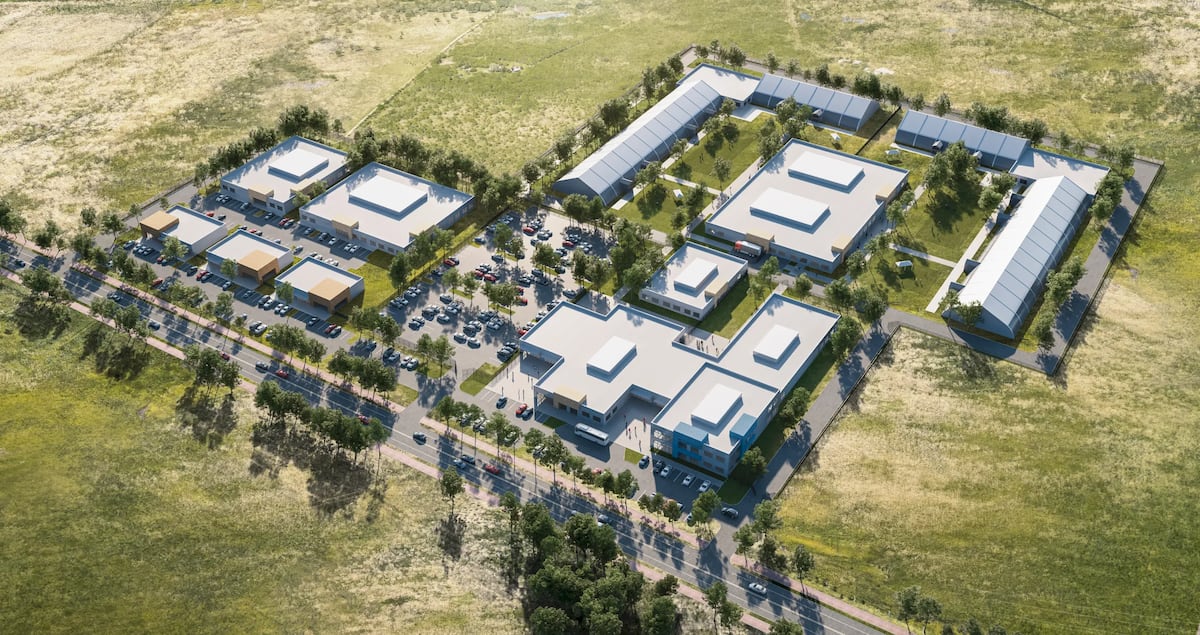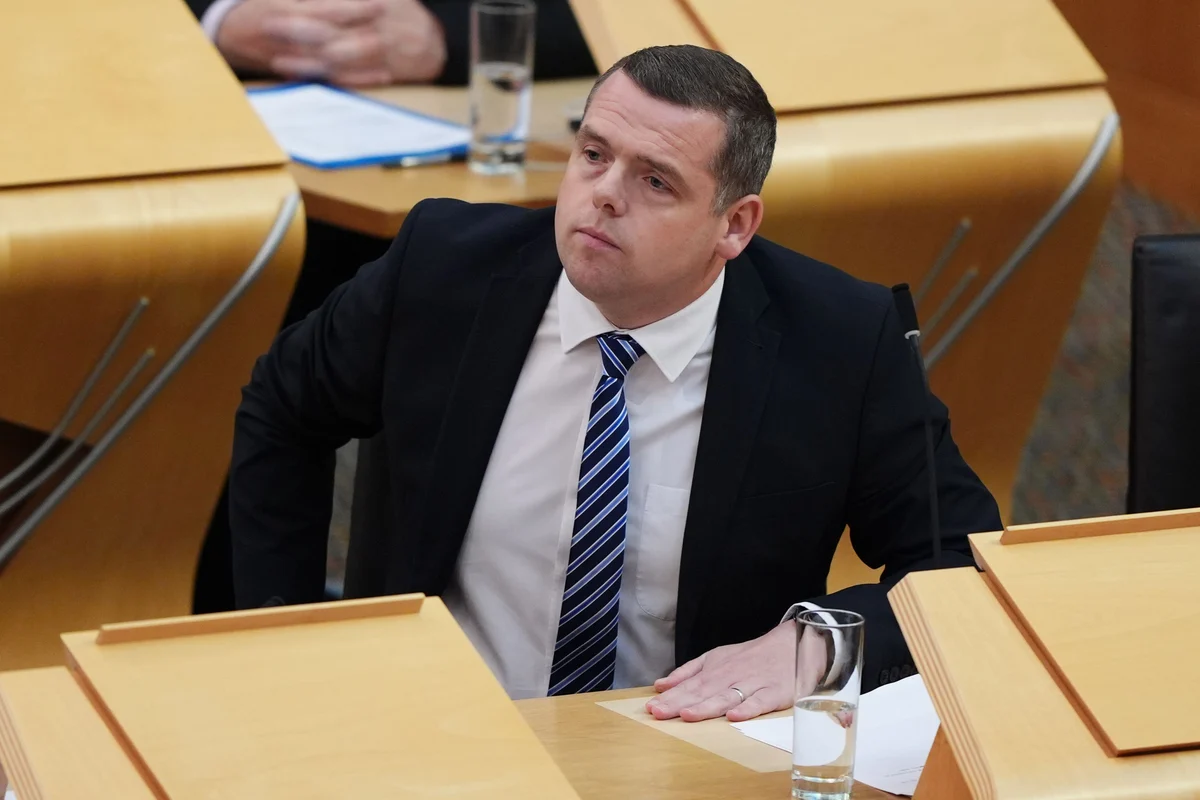
One of the state’s top policymakers on homelessness wants some Utahns to be forced into treatment at the massive shelter campus proposed for Salt Lake City.
At the request of state leaders — namely Gov. Spencer Cox, Senate President Stuart Adams, R-Layton, and House Speaker Mike Schultz, R-Hooper — Homeless Services Board Chair Randy Shumway has been working on aligning the state’s system with President Donald Trump’s recent executive order on crime, which, in part, calls for ditching the federal government’s long-held priority of getting homeless people into housing first and, instead, beefing up behavioral health care and civil commitment policies.
To that end, Shumway presented a suite of recommendations to a group of state lawmakers Tuesday — without the formal backing of his fellow board members.
The recommendations included opening at least 300 beds for people ordered by a court to undergo mental health treatment. He also called for a separate, additional unit for involuntary substance abuse treatment on the campus.
“I’m recommending that we use this transformative, centralized campus to engage in the business of helping individuals heal, moving along the pathway to human thriving,” Shumway told lawmakers Tuesday. “And that we migrate out of the business of permissiveness.”
The state’s wider campus plans call for a 1,300-bed complex on city-owned land at 2520 N. 2200 West.
The drug treatment facility would be an alternative to jail, an outline of Shumway’s recommendations said. Shumway did not say how many beds that unit would hold and added that he didn’t have that “level of specificity” yet with the recommendations. It was not immediately clear whether the beds Shumway recommended were part of or in addition to the 1,300 planned for the complex.
Under his plan, the state would change the existing homeless resource centers — which currently offer the lowest-barrier form of shelter every day — into transitional housing.
Lawmakers’ response to the idea was mixed. Some, like Rep. Jennifer Daily-Provost, D-Salt Lake City, and Rep. Steve Eliason, R-Sandy, questioned the cost and allocation of resources the plan would require. Others, like Sen. Jerry Stevenson, R-Layton, commended the proposal.
Bill Tibbetts, the deputy executive director of anti-poverty organization Crossroads Urban Center, criticized the proposal on the social media site X.
“Shumway’s proposal is incredibly expensive,” he wrote, “and even more naive and certain to backfire.”
Shumway did not share the potential costs of incorporating these facilities into the campus but said he believes the state would be able to use funding from sources like Medicare, federal grants and local governments.
He said other cash that’s already in the homeless services system could be reallocated, too.
Shumway said he would keep working on the proposal with state leaders and said the Homeless Services Board would review the proposal soon.



